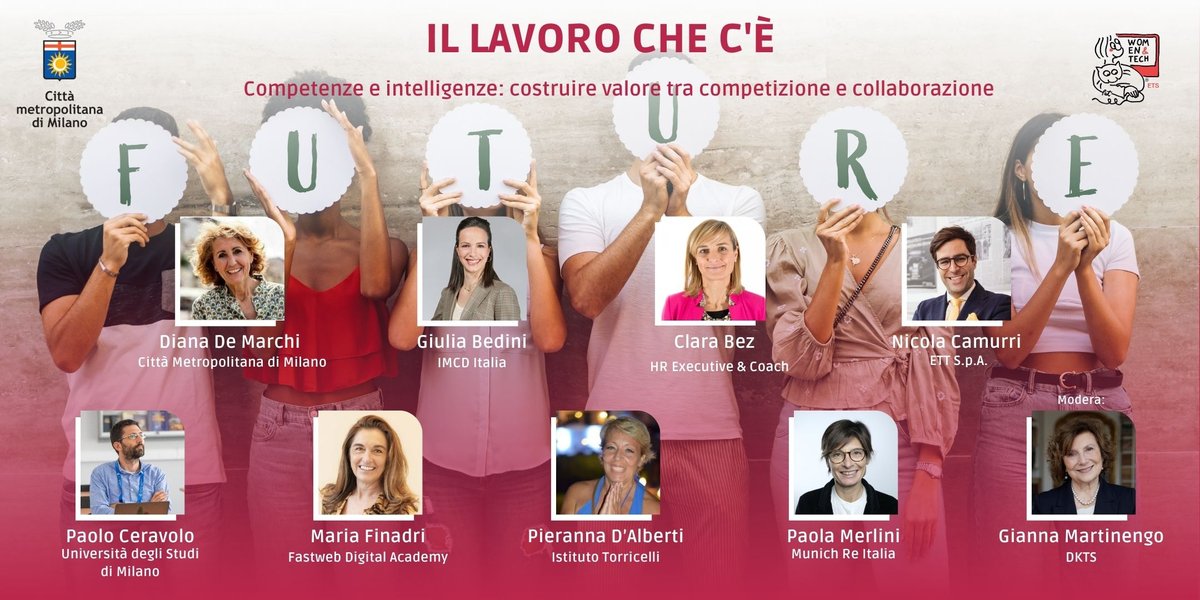
Skills and intelligences: creating value between competition and collaboration
Work is available, but to fully grasp its value, it is necessary to deeply rethink skills – basic, technical-professional, and transversal – and intelligences – natural, emotional, artificial, collective, and related to ageing – which today represent the true strategic capital. Creating value between competition and collaboration means developing these dimensions in an integrated way, preparing people and organizations to face a constantly changing context.
Technologies have not eliminated work, but have made it more complex, highlighting a growing gap between market demands and available skills. However, the challenge is not only to update content but to radically innovate the way we train people. In a rapidly changing world, we still know too little about how individuals truly learn, especially in dynamic environments such as professional ones.
In this scenario, artificial intelligence can play a crucial role in skilling and upskilling processes through personalized adaptive learning solutions, predictive analysis of training needs, and intelligent training support platforms. AI can help make training more accessible, targeted, and effective, provided it is designed ethically and with a human-centered approach.
At the European level, the Skills Agenda and the European Year of Skills 2023 have focused on the need to strengthen human capital to support competitiveness. This commitment requires concrete alliances between institutions, businesses, schools, and regions, as well as inclusive policies that enhance the potential of everyone, reducing existing gaps.
Only in this way can we build a continuous, dynamic, and sustainable educational ecosystem, capable of valuing all intelligences and supporting people throughout their entire lives. A work that is not only competition but also collaboration and the generation of shared value.
- Introduction and greetings:
- Diana De Marchi, President of the Equal Opportunities and Civil Rights Commission of the Municipality of Milan and Delegate Councilor for Labor and Social Policies of the Metropolitan City of Milan
- They discuss it:
- Giulia Bedini, HR Manager, IMCD Italy S.p.A.
- Clara Bez, HR Executive & Coach, member of the Board of Directors of Women&Tech® ETS
- Nicola Camurri, Strategy Director, ETT S.p.A.
- Paolo Ceravolo, Associate Professor, Department of Computer Science, University of Milan, author of “Foundations of Computer Science for the Humanities”
- Pieranna D’Alberti, Computer Science Teacher, Coordinator for Orientation and Placement Activities
- Maria Finadri, Head of Fastweb Digital Academy
- Paola Merlini, HR Manager, Munich Re Italy
- Moderates:
- Gianna Martinengo, CEO of DKTS, President and founder of Women&Tech® ETS
They are in conversation with us:

intervene








